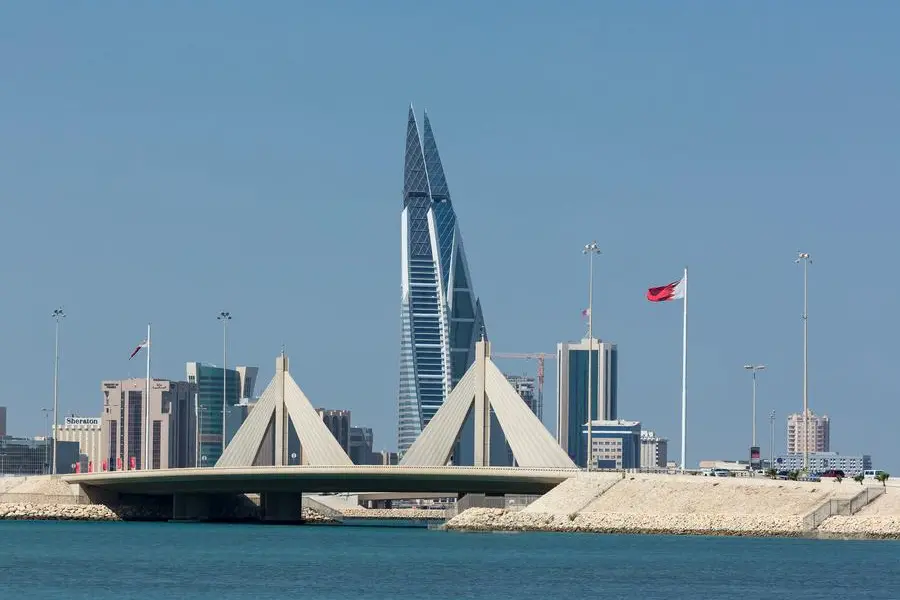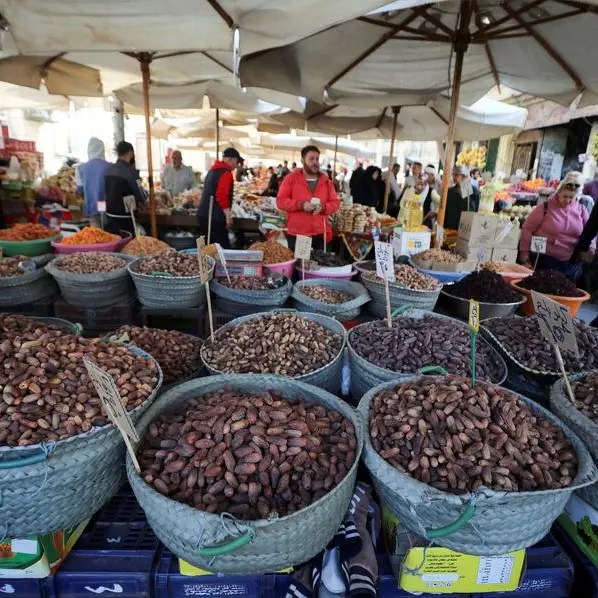PHOTO
Bahrain - As Bahrain continues its economic transformation, the retail and fast-moving consumer goods (FMCG) sectors are emerging as pivotal drivers.
According to Information and eGovernment Authority (iGA) data, the ‘Accommodation and Food Service’ activities are one of the largest non-oil sectors, demonstrating a robust 10.7 per cent growth rate.
This convergence of industries reflects the nation’s broader strategy to enhance consumer experiences, support local businesses, and adapt to evolving market dynamics.
Bahrain’s retail sector is experiencing a resurgence, fuelled by rising consumer spending and increased tourism.
A stable inflation rate has further contributed to this upturn, with strong performances in food and beverages, electronics, and personal care products. Consumers are increasingly favouring premium products, particularly in health, wellness, and technology sectors, indicative of a shift towards more value-driven purchases.
In parallel, Bahrain’s FMCG sector is adapting to changing consumer preferences. A notable increase in demand for healthier food options and premium beverages reflects a more health-conscious population.
The convenience food market is also expanding, catering to the fast-paced lifestyle of modern consumers. While hypermarkets and supermarkets remain dominant, online sales have seen a significant uptick, mirroring the global trend towards e-commerce.
Grant Thornton managing partner Jassim Abdulaal emphasises the positive outlook: “The FMCG sector in Bahrain is navigating a period of transformative growth. As consumer preferences evolve towards premium and health-conscious products, businesses have a unique opportunity to innovate and lead in this dynamic market.”
Despite the positive growth trajectory, both sectors face significant challenges. High operating costs, intense competition from neighbouring countries, and the pressure to continuously innovate are key hurdles.
Sunil Thakkar, an industry expert in FMCG, notes, “Bahrain’s FMCG sector is facing the challenge of balancing rapid innovation with cost efficiency.”
Senior partner Jatin Karia echoes this sentiment, stating that “the challenge lies in not just meeting consumer expectations but anticipating them.”
However, these challenges also present opportunities for innovation. The rise of e-commerce and growing consumer demand for sustainability are pushing retailers to adopt new business models and product offerings. In the FMCG sector, there’s significant growth potential in segments like organic foods, ready-to-eat meals, and premium beverages. This industry plays a vital role in Bahrain’s economy, driving job creation and economic activity.
The future of the FMCG sector in Bahrain looks particularly promising.
As consumers become more health-conscious and demand for premium products increases, businesses have a significant opportunity to introduce innovative, high-quality offerings that align with these evolving preferences. Bahrain’s strategic location as a gateway to the GCC further enhances its appeal as a hub for FMCG companies seeking regional expansion.
“At Grant Thornton, we are uniquely positioned to support businesses in navigating the complexities of Bahrain’s rapidly evolving retail and FMCG sector,” concluded Mr Karia.
Copyright 2022 Al Hilal Publishing and Marketing Group Provided by SyndiGate Media Inc. (Syndigate.info).





















